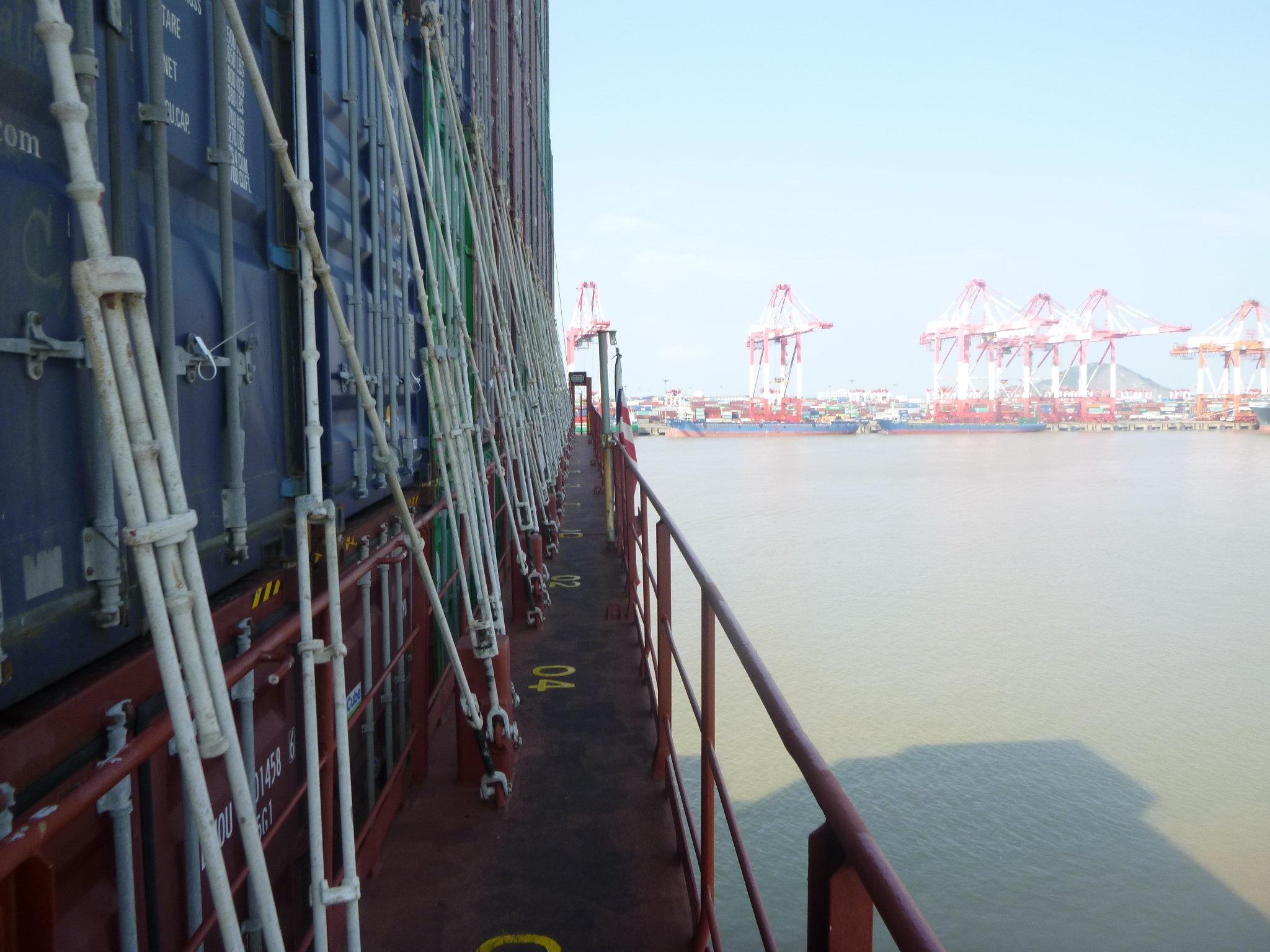Declaration by 150+ industry-leading signatories urges world leaders to deliver policies to fully decarbonize international shipping by 2050
Global Ship Lease, Inc. (NYSE:GSL) on Wednesday (Sep22) joined more than 150 industry leaders and organizations representing the entire maritime value chain, including shipping, cargo, energy, finance, ports, and infrastructure, in calling for governments to work together with industry to deliver the policies and investments needed to reach critical tipping points in decarbonizing global supply chains and the global economy.

Signatories of the Call to Action for Shipping Decarbonization call on world leaders to:
- Commit to decarbonizing international shipping by 2050 and deliver a clear and equitable implementation plan to achieve this when adopting the IMO GHG Strategy in 2023.
- Support industrial scale zero emission shipping projects through national action, for instance by setting clear decarbonization targets for domestic shipping and by providing incentives and support to first movers and broader deployment of zero emissions fuels and vessels
- Deliver policy measures that will make zero emission shipping the default choice by 2030, including meaningful market-based measures, taking effect by 2025 that can support the commercial deployment of zero emission vessels and fuels in international shipping.
George Youroukos, Executive Chairman of Global Ship Lease, stated, “We have been working hard to embed ESG principles in general, and decarbonization in particular, in our business strategy and our DNA as an organization – as reflected in our annual ESG reports. We take a full life-cycle approach to the carbon footprint of ships, considering the impact of building and recycling ships, as well as operating them. Consequently, we see extending the economic life of existing ships - and optimizing them to reduce emissions - until next-generation sustainable fuels and propulsion technologies become commercially available and economically viable as being both environmentally responsible and financially prudent. However, with 80% of global trade being carried by sea, it is critical not only for those directly engaged in the maritime ecosystem to be committed to decarbonization, but for the world’s governments to acknowledge the urgency, and address the complexity, of decarbonizing shipping and establish a unified framework that enables and accelerates that transition.”
“With the UN General Assembly currently underway and important climate negotiations set to take place in November at the COP26 UN Climate Change Conference, this is a critical time. We are proud to join with our colleagues in the Getting to Zero Coalition and the broader maritime world in calling for collaborative global action to achieve the decarbonization of international shipping by 2050.”
Source: GSL